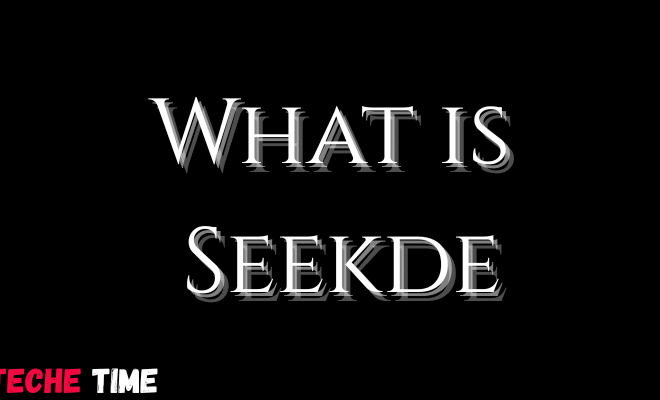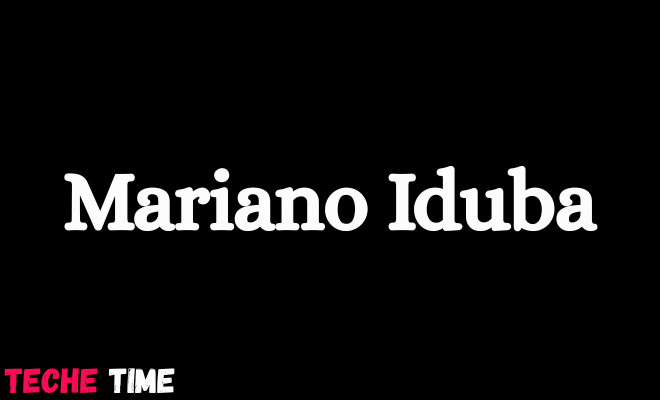
6 HR Trends to take into account for 2024
HR trends represent the new directions and leading-edge shifts that compel HR groups to rethink how to attract, support, empower and get the most from today’s workforce while planning for the future. Tracking and applying HR trends is crucial for optimizing human capital strategy.
Ethical Leadership
-
Increased Focus on Ethical Leadership
As issues around things like corporate social responsibility, sustainability, and good governance grow, there will be an increased focus on developing ethical leaders within organizations. Training programs, assessments, and development plans will aim to build leadership skills in ethics.
-
Review/Update of Codes of Conduct
Many companies will review and update professional codes of conduct, ethical guidelines and policies to provide greater clarity on expectations and align with emerging societal concerns around topics like environmental impact, responsible sourcing, inclusion, etc.
-
Greater Transparency and Accountability
Organizations will be expected to increase transparency related to their ethical practices externally while also holding leaders more accountable for modeling ethical behavior from the top-down. As companies look for ways to increase productivity and security, many are researching the best employee monitoring software for 2024 options that provide features like activity tracking without being overly invasive. Leadership strategy updates, ethics audits, monitoring programs and reporting help enable this.
-
Ethics as Part of Company Culture & Values
HR teams have a crucial role to play in embedding ethical thinking and behavior within the organizational culture. This means assessing a company’s stated values, operationalizing values through policies and programs, and setting the tone at the top through what behaviors are role modeled and rewarded.
-
Wellness Focus on Reducing Unethical Behavior Risk
Proactive wellness and mental health programs will aim to reduce risks of unethical actions that can occur when employees are struggling or under high stress or anxiety without proper support. A positive culture and support reduces these risks.
Digitization of HR Processes
HR teams will continue working to digitize manual processes for a more automated, seamless employee experience. This includes moving things like onboarding, training, performance management and more onto digital platforms. This creates efficiencies for HR and a better experience for employees.
Goodbye HR Business Partner
The traditional HR business partner role is disappearing. HR professionals are no longer simply advising business leaders on people strategies and capabilities. Instead, they are becoming integral strategic partners who understand the company’s goals and identify human capital risks, opportunities and innovations. Rather than retrofitting existing HR solutions, next-generation CHROs and VPs of People will co-create commercial strategy from scratch. They will provide insights using advanced workforce analytics and simulate different scenarios to determine optimal paths. Strategic HR leadership teams will also take responsibility for change management and culture transformation.
The Hybrid Office
Despite predictions, the office is not dead. But the 9-5, commute-to-work model is extinct. Thanks to remote and hybrid work options, organizations are now competing to craft the best employee experience. Offices are becoming collaboration hubs for team building, brainstorming, socializing and creative sessions. However, most individual focused tasks are better for home environments. HR teams are developing flexible hybrid policies that balance productivity with work-life blend. They are also helping managers lead dispersed teams through better goal setting, frequent check-ins and asynchronous communications. The hybrid approach allows organizations to reduce real estate costs while still providing an intentional in-person experience.
Increasing Risk of Detachment
Prolonged isolation and remote work can negatively impact engagement and loyalty. Since the workplace community and sense of belonging have been disrupted, HR must actively nurture connectivity. Teams spread across time zones can lose their identity and cohesion. And when camera fatigue sets in, forming meaningful connections becomes difficult. Surveys also show Gen Z and young Millennial employees feel disengaged and overlooked in hybrid models. With remote work becoming more common, employee monitoring software is on the rise as companies try to ensure productivity and security when employees are working outside the office. HR leaders are rolling out inclusion initiatives, stay interviews, engagement tools and even AI buddy systems to make every employee feel recognized. They are also being vigilant for signs of burnout and resentment that may emerge if detachment is left unchecked.
Skill Mapping: Looking for Adjacent Skills
Traditional skill profiles and rigid job descriptions are losing relevance. In an ever-changing environment, the half-life of skills is shrinking. Organizations need employees who can continuously expand their knowledge and adapt on demand. This means looking beyond related skills to find adjacent skills. For example, can a finance professional transition into data analytics? Or could a sales representative thrive as a marketing technologist? HR teams are using skill mapping and adjacent skill analyses to build enterprise talent mobility. This allows companies to rapidly upskill and reskill for the future while providing employees careers that keep evolving.
Conclusion
In 2024, ethical leadership, digitization of HR Processes, strategic people partnerships, hybrid policies, hyperconnectivity and adjacent skills will take center stage. As the economy faces growing ambiguity, HR professionals must drive transformations that maximize both business performance and human potential. With technology and trends disrupting the workplace every year, the employee experience must remain a priority. Organizations that can adapt swiftly and treat their people well will surely emerge as tomorrow’s winners.








